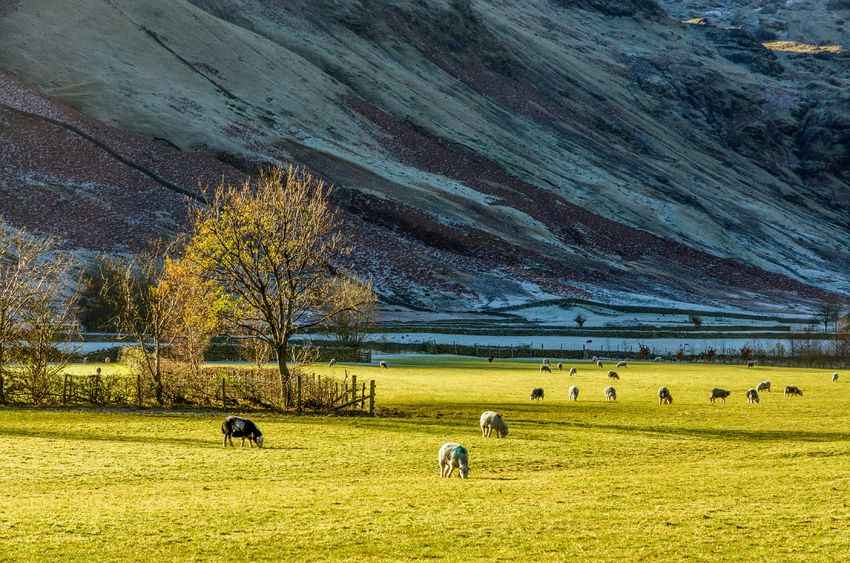
The Lake District has become a World Heritage Site joining iconic locations such as the Taj Mahal, the Great Barrier Reef and Grand Canyon as a place of international acclaim.
Today’s announcement has led to jubilation among 25 organisations in the Lake District National Park Partnership who had put the bid together for UNESCO recognition in the cultural landscape category.
It is the 31st place in the UK to be put on the Unesco World Heritage List.
Farming plays a special role in the Lake District, its identity and cultural heritage.
90 percent of the designated Less Favoured Areas of Cumbria are in the Lake District. This means farming is characterised by sheep and beef production.
Indeed, the Lake District and National Trust sought to recruit new 'Farming Officers' to work with farmers and farming communities across the area.
The roles help develop and deliver practical projects with farmers, and strengthen relationships with the farming community.
'Prestigious status'
Chairman of the Lakes Partnership, Lord Clark of Windermere, described the prestigious status as momentous and will bring great benefits for locals, visitors, tourism, businesses and farming.
It now joins just over 1,000 World Heritage Sites worldwide.
Three key themes underpinned the bid for World Heritage Site status, recognising the Lake District National Park as a cultural landscape of international significance.
These include world ranking examples of identity - the dramatic farmed landscape; inspiration - art, literature and love of the place.
This in turn sparked the birth of conservation - people fought and invested to look after this special corner of England.
Lord Clark explained: “It is this exceptional blend which makes our Lake District so spectacularly unique and we are delighted UNESCO has agreed. A great many people have come together to make this happen and we believe the decision will have long and lasting benefits for the spectacular Lake District landscape, the 18million visitors we welcome every year and for the people who call the National Park their home.”
'Evolving landscape'
Lake District National Park Chief Executive, Richard Leafe, said there was great excitement over the achievement.
Richard said: “The Lake District is an evolving landscape that has changed over time and will continue to do so. Improving landscape biodiversity and looking after our cultural heritage underpin the Partnership’s management plan which sets out how, together, we will look after the National Park as a World Heritage Site for everyone to enjoy.”
The bid was submitted by the Department for Digital, Culture, Media and Sport and Historic England as the UK’s only submission in 2016.
National Parks in the UK are seen as prized possessions. However, a report has said that short-term economic priorities are overriding long-established protections and allowing inappropriate development in England’s National Parks.
The research looked at the national policy to restrict ‘major development’ in National Parks, which has protected these iconic areas since they were created in the 1940s.
